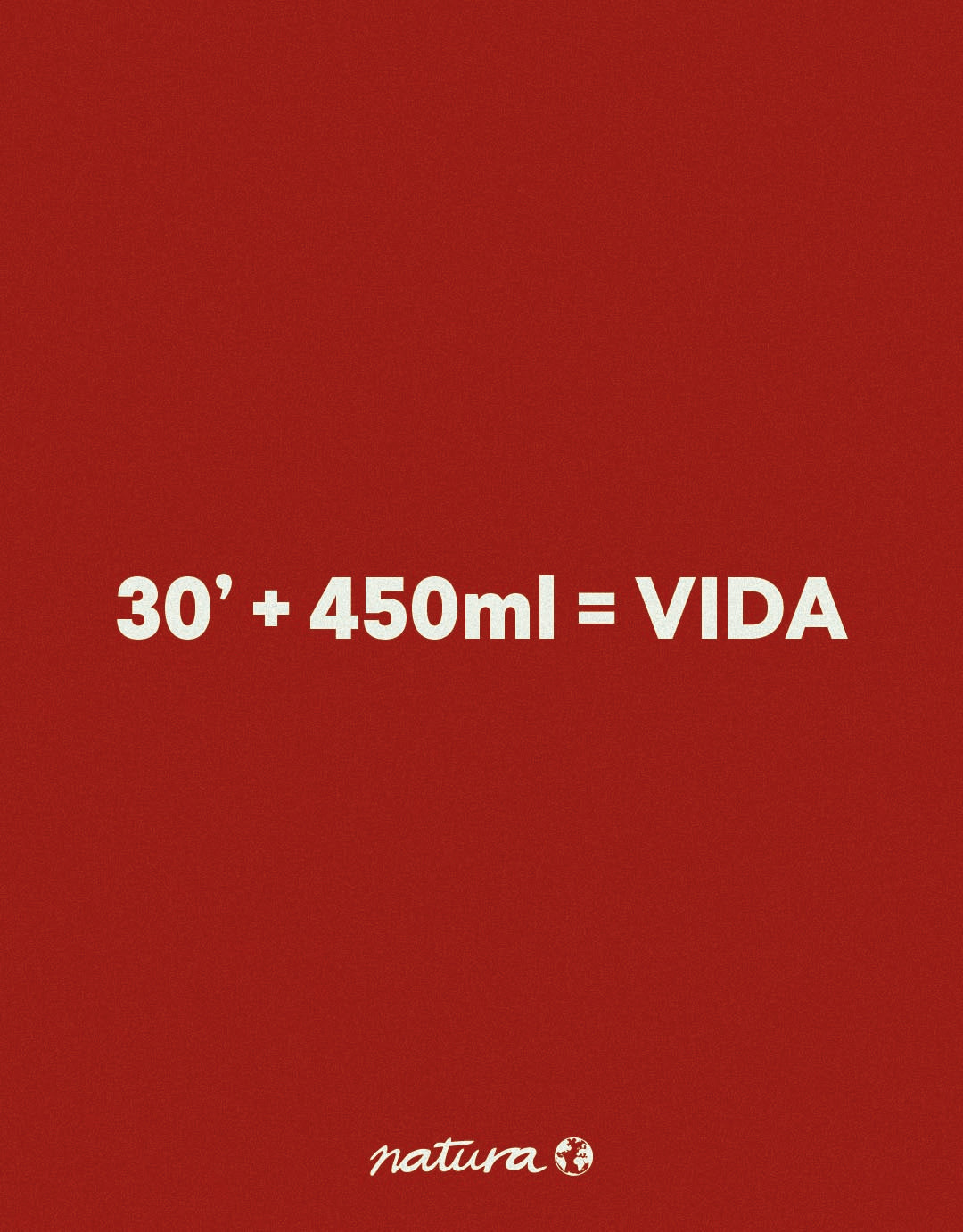June 14 is World Blood Donor Day and, since Natura, we want to give visibility to this day. On the one hand, thank all those people who, voluntarily, donate blood and, on the other hand, take advantage of the day as an excuse to encourage everyone who has not yet done so.
 Today we remember how some of the workers of Natura We went to donate blood together. A few years ago but it is an example of how, if you just dare, you can try to go in a group.
Today we remember how some of the workers of Natura We went to donate blood together. A few years ago but it is an example of how, if you just dare, you can try to go in a group.



Why is blood donation important?
Blood transfusions help save many lives a year. They contribute to patients with difficult diseases to live more time with better quality of life, and give the possibility to make complex medical and surgical interventions. We know that, a priori, if you have never donated blood, you can give you some fear or anguish. Today we just want to tell you that you try it. You will see how it is not so much and that, with 30 minutes and almost half a liter of your blood you can save a life.Why is World Blood Donor Day celebrated on June 14?
It is celebrated on June 14 of each year in order to sensitize and raise awareness of the world population about the importance of donating blood, to contribute with the health of patients who require transfusions. Likewise, it is intended to promote the establishment of systems and infrastructure, aimed at increasing blood donations and safe blood products for transfusions, with the support of governments and health authorities. The date of this ephemeris commemorates the birth of Karl Landsteiner, anustrian pathologist and biologist who discovered and typified the blood groups, which is why he was awarded the Nobel Prize in Medicine in 1930. Today we remember how some of the workers of Natura We went to donate blood together. A few years ago but it is an example of how, if you just dare, you can try to go in a group.
Today we remember how some of the workers of Natura We went to donate blood together. A few years ago but it is an example of how, if you just dare, you can try to go in a group.



What are the requirements to be a blood donor?
The blood donor must meet the following basic requirements:- Be of legal age (from 18 to 65 years)
- Be physically healthy
- With a minimum weight of 50 kilos.
- Not having suffered infectious diseases.
- In no case will be drug consumer
- Without being ingesting antibiotics, or certain medications.
- With normal blood pressure.
- Without recent tattoos or piercings (previous 4 months)
- In no way have been subjected to a transplant.
- Not having received blood transfusions.
- It is not recommended that pregnant women be donors, since blood is the feeding and oxygenation means of the fetus.
- To have undergone surgical interventions or recent endoscopies (4 previous months).










